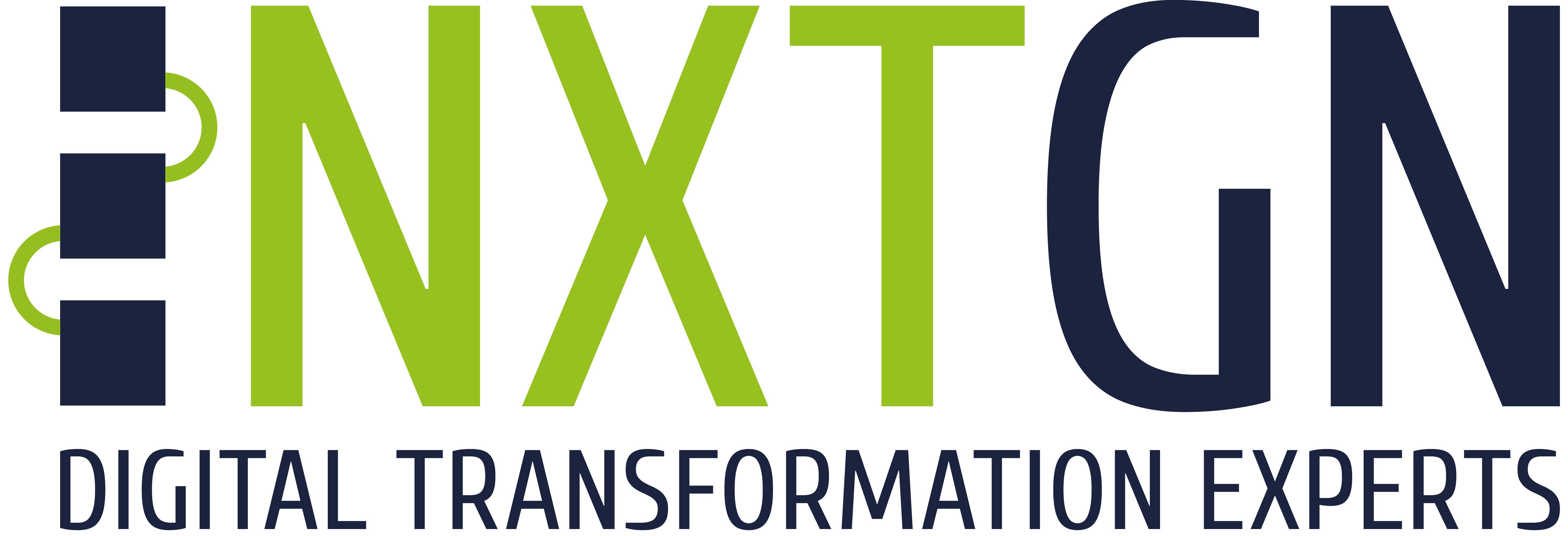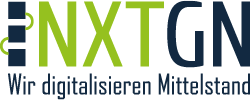What industry would be better suited as a paradigm for digitalisation and the Internet of Things than logistics? The tracking of vehicles via various radio standards has been common practice for a long time in companies that deal with smart logistics technologies. But it was only with digitalisation that the topic of track and trace really took off. Instead of just providing data during transport, mobile assets are now smart and act more and more autonomously.
The applications are correspondingly diverse, because in principle every object and every plant can be integrated into the Internet of Things in the future. Sensors report locations and enable condition monitoring of sensitive goods during production or transport along the entire supply chain. Thanks to digital technologies, the boundaries between manufacturer and service provider are blurring. Well thought-out concepts for smart logistics open up new, profitable business fields and improve customer satisfaction, throughput time and product quality in the long term.



